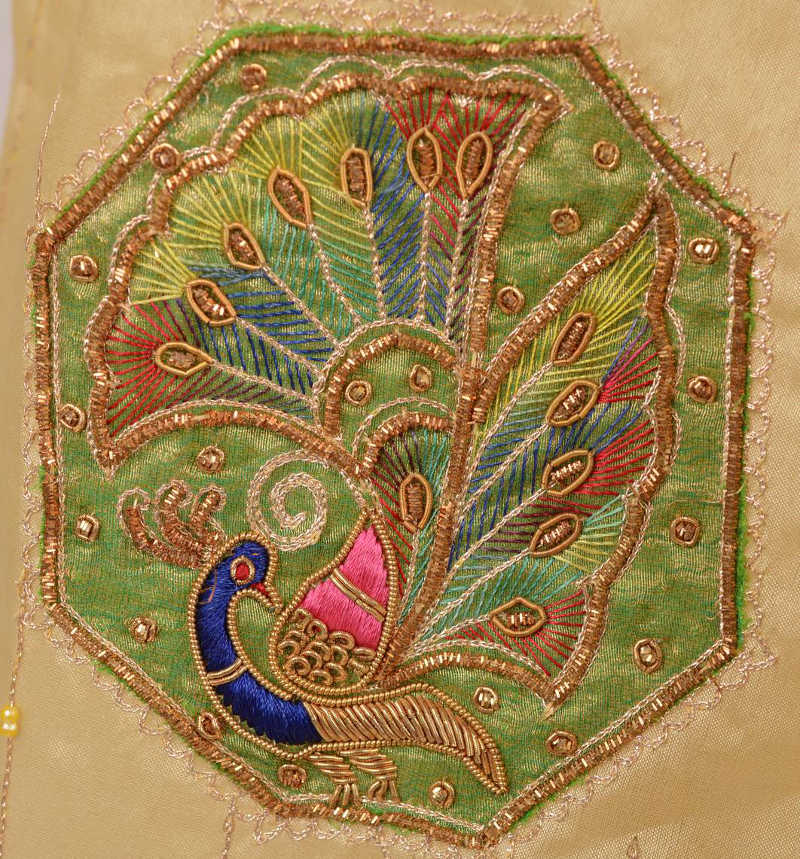===
0420,
4
===

=== |
 |
yak-sar : 'Under one head; —in one body, all together; at one stroke, all at once, suddenly; —from beginning to end; —alone'. (Platts p.1251)
aahistah : 'Slow, tardy, dilatory, lax, slack, sluggish, lazy; gentle soft, mild, easy'. (Platts p.110)
FWP:
SETS == GROTESQUERIE
MOTIFS
NAMES
TERMS == RHYME; WORDPLAYNote for meter fans: To make the rhyme-syllables correspond properly, we have to take the word as aahastah rather than aahistah .